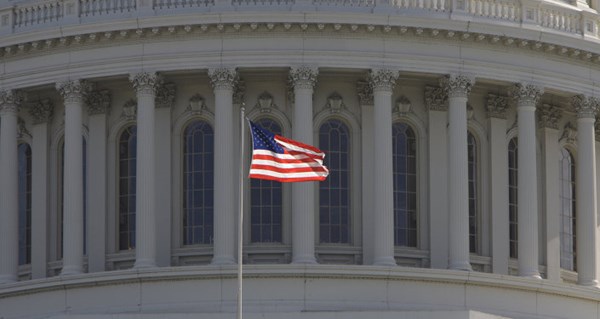US officials: Washington knows where Putin’s assets are but freezing them will bring havoc to the world markets
The U.S. Senate Banking Committee has tried to assess the effectiveness of sanctions against Russia, reports Voice of America.
During the hearings, Senator Mike Crapo, the head of the committee, recalled that the U.S. Treasury sanctions list includes 520 Russian enterprises, commercial companies and individuals that are involved in aggression against Ukraine, human rights violations, and cyber-attacks against the United States and Western European countries.
According to expert estimates, the number of Russian firms somehow affected by U.S. sanctions significantly exceeds the sanction list of the US Treasury. Analysts are certain that just the physical persons included in these lists alone directly control the work of 584 companies, with which more than two thousand enterprises are affiliated in one way or another.
At the same time, the economic damage to the countries of Western Europe and the United States as a result of the introduction of Russian counter-forces did not affect their economy in any way and amounts to a figure of "two tenths of a percent."
As Elizabeth Rosenberg, an expert from the Center for a New American Security, noted, the Russian economy still remains one of the largest in the world, and losses incurred from the imposition of sanctions did not prevent Moscow from launching a new military campaign in Syria and organizing a series of cyber-attacks on election campaign headquarters in the United States and Western Europe.
Experts are confident that the increased pressure on Russia and the expansion of sanctions lists are unlikely to bring any results. Moreover, according to Eric Lorber, who worked on sanctions policy in the U.S. Treasury and is now the Senior Adviser to the Foundation for the Defense of Democracies, some of the imposed sanctions can be abolished.
In response, Senator John Kennedy suggested that a much more effective step would be "freezing assets owned personally by Vladimir Putin."
"The Department of Treasury and we have some information that allows us to state that Putin and businessmen in his inner circle have invested in real estate in New York, San Antonio and Miami," said Elizabeth Rosenberg.
She confirmed that U.S. authorities can indeed identify and seize the financial assets of the Russian leader, but urged the senators to refrain from such actions.
"The amount of funds personally controlled by Vladimir Putin and the people closely connected with him is so huge that freezing or arresting this money can cause a real catastrophe in the European financial markets and will have a very painful effect on the banking business in the United States," said the expert from the Center for a New American Security.
